Scholars and practitioners probe future directions, south-south cooperation, and role of young people in evaluation research and practice.
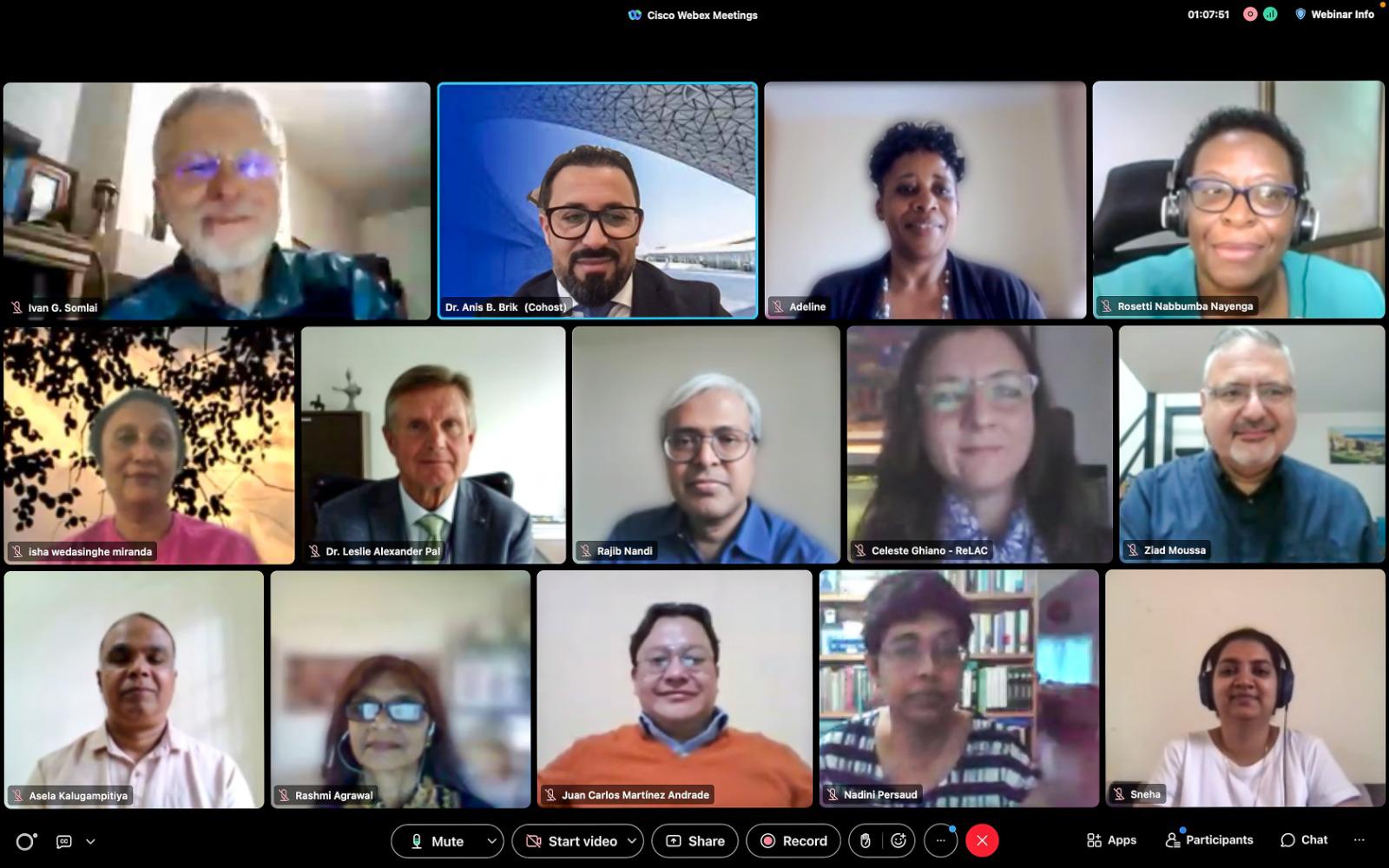
The College of Public Policy (CPP) at Hamad Bin Khalifa University (HBKU) held its inaugural research conference, ‘Evaluation in the Global South: Looking to the Future’, on November 7 and 8. Featuring more than 50 speakers from over 30 countries and 16 partners, the conference sought to provide an interdisciplinary audience with cross-country learning to enable them to better understand evaluation in different nations and different sectors across the global south. Over 200 participants joined in the discussions over the two days.
The conference was organized by the Program for Social Policy Evaluation and Research (PROSPER) at CPP, in partnership with leading international, regional, and national evaluation organizations and UN agencies. PROSPER is a leading initiative founded by Dr. Anis Ben Brik, Associate Professor at CPP, with a research agenda driven by the grand social policy and evaluation challenges in Qatar, countries in the Middle East and North Africa and the global south.
Aiming to be one of the first conferences of its kind to go beyond Western-centric appraisals and present a truly global south portrait of evaluation research and practice, interdisciplinary researchers, academics, professionals, and students reflected on the most current research. Unique case studies of evaluation in Africa, Asia, Latin America, the Caribbean, and the MENA regions highlighted challenges and opportunities for evaluation research and practices. These included the post COVID-19 recovery, evaluation skills and capacity building, evaluation in conflict settings, and on climate change adaptation, participatory approaches, and linking evaluation to the Sustainable Development Goals.
Sessions provided up-to-date evidence-based theorizing about practicing evaluation amid the challenges. Discussions identified the strengths and weaknesses of the most promising evaluation approaches to help determine when methods are likely to be most effective.
They also looked to the future, focusing on “Strengthening the Southern Voice - Elevating the Knowledge and Influence of the Global South”, “Decolonizing Evaluation Teaching and Learning/Capacity Development”, and “Youth in the Evaluation Movement”. The conference concluded with the launch of a manifesto to meaningfully engage young people in evaluation research. It invites individuals and institutions, including governments, parliamentarians, VOPEs, United Nations agencies, evaluators, academia, private sector, and the development sector at large, to adopt a manifesto to advance meaningful youth engagement in evaluation.
Commenting at the end of the two-day event, Dr. Anis Ben Brik said: “Our inaugural conference successfully amplified the voices of leading evaluation scholars from the global south, enabling a better collective understanding of challenges and opportunities for different nations and different sectors. The conference highlighted the value that a much more robust focus on South- South cooperation can add to the advancement of evaluation as practice and research in service of the Global South. There is now a lot of attention in development and in evaluation to strategies, policies, networks, portfolios, and especially to systems. This has been in part accelerated by the SDGs which made it clear that work across many types of boundaries is required, and by the global challenges where we clearly need to focus on systems change. While programmes remain very relevant, these other foci for evaluation are gaining a lot of ground. Ahead of future editions of the conference, the work of PROSPER will continue focusing on disseminating the findings, encouraging collaboration, and strengthening capacities and systems for evaluation through our education and research programs.”
For more information on the work at the College of Public Policy and initiatives by the Program for Social Policy Evaluation and Research (PROSPER), please visit cpp.hbku.edu.qa.
Related News
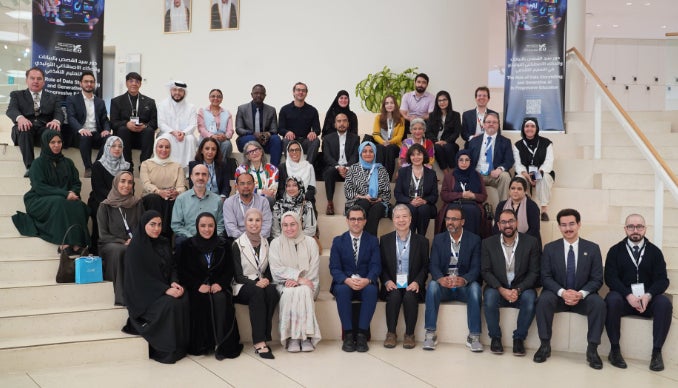
Workshop at Hamad Bin Khalifa University Examines Data Storytelling and Generative Al in Progressive Education
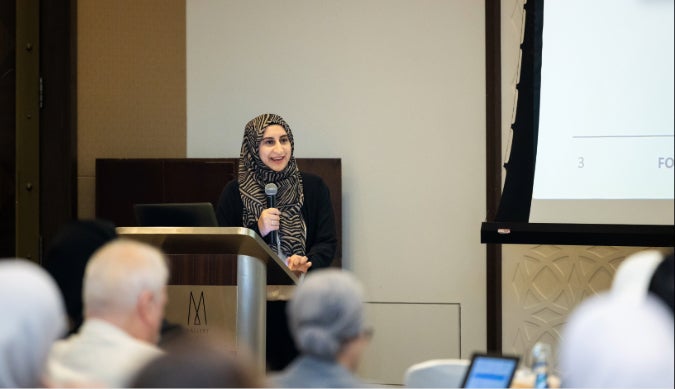
Hamad Bin Khalifa University Partners with Ministry and Global Stakeholders to Drive Capacity-Building
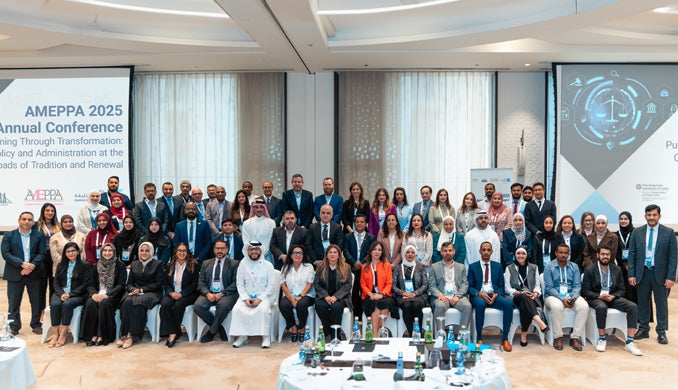
Experts Gather at HBKU for AMEPPA 2025 to Explore Governance Through Transformation
HBKU’s CPP Completes High-Level Training for MOFA Officials on Qatar’s Role in Conflict Mediation
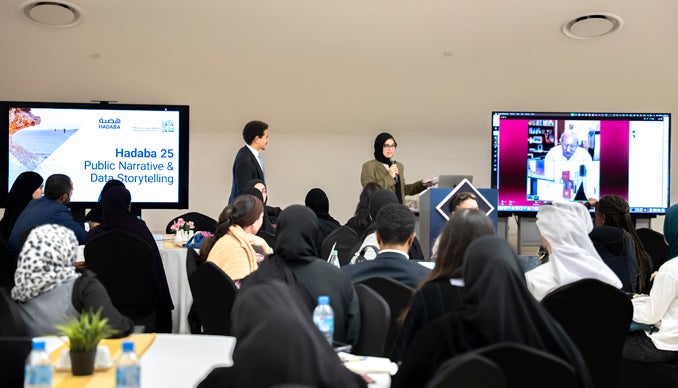
HBKU’s College of Public Policy Highlights Storytelling and Narratives in Hadaba 25
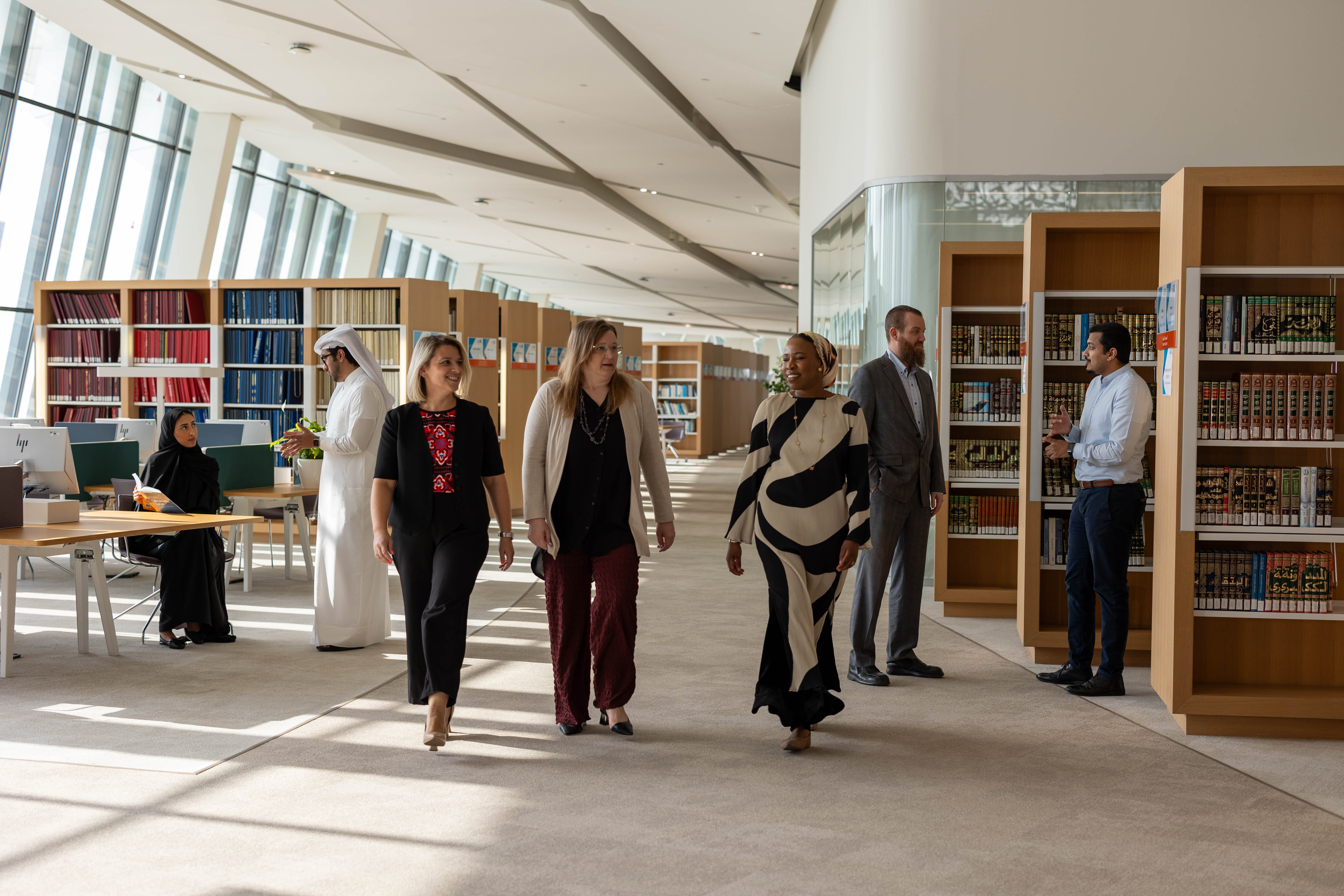
Hamad Bin Khalifa University’s Master of Public Policy Earns Prestigious NASPAA accreditation




